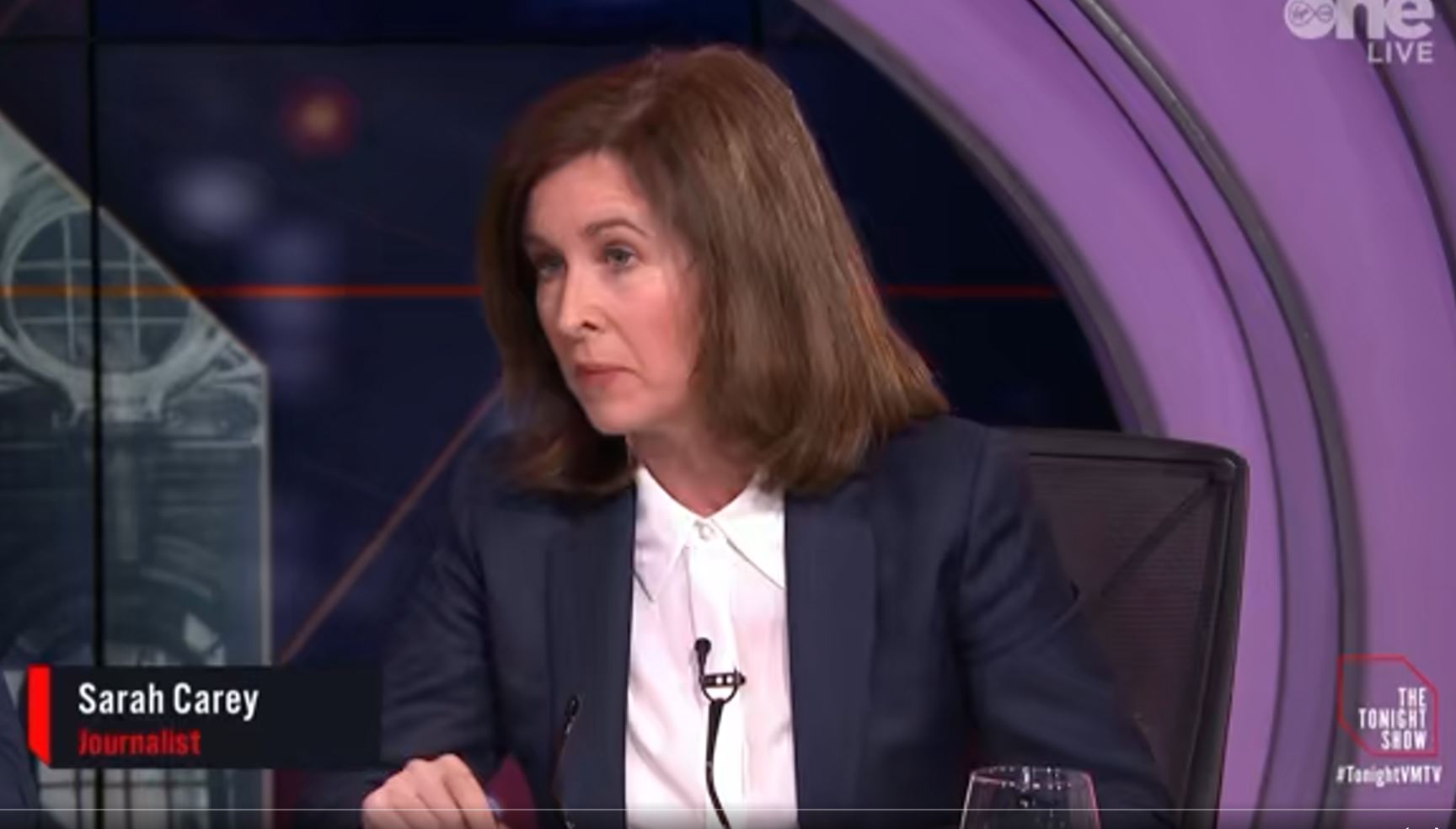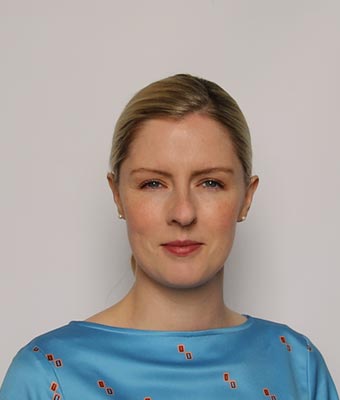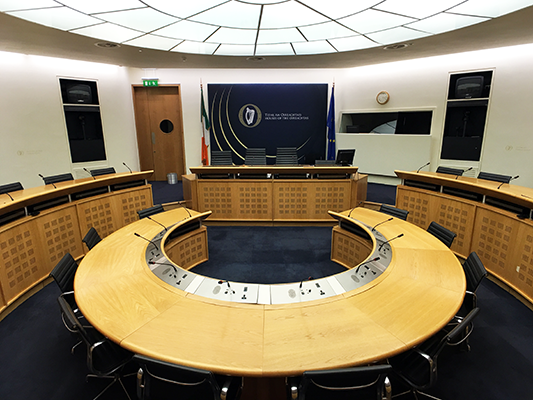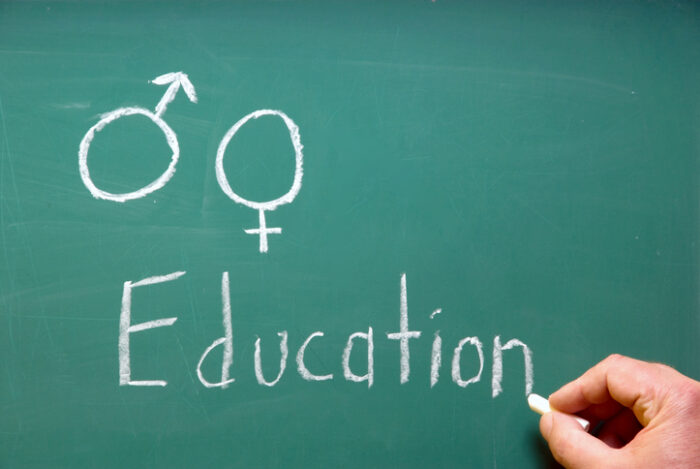The huge support for retaining the mention of mothers in the Constitution has been almost completely excluded from the post-referendum analysis according to one prominent journalist.
Speaking on the Tonight Show, Virgin Media 1, Sarah Carey said the people who voted against the referendums, especially the one that would have deleted the mention of mothers, “were not members of the far-right, were not confused, were not misinformed”.
“So many mothers contacted me and wrote to me about that aspect which I addressed in one of my columns. It has been almost completely excluded from the analysis. And Maria Steen who took on the Tánaiste and beat him in that debate [on RTE] wasn’t interviewed by any mainstream media on Saturday, so I had to watch an interview with her on the Gript Media platform”.
She continued: “…the aspect of mothers is very important. . . . This is a text I got from a cousin of mine who sent it to me on Saturday, and she said: ‘my whole circle of friends, work colleagues, facebook friends, who are all mothers and all ends of the social structure of society were most annoyed at the mother component and I think that has been excluded far too much from the debate’”.
The Irish Independent columnist added: “I was at a business networking meeting this morning for women, and professional women were saying to me there, ‘Of course I voted “no”’. One woman said to me ‘if it wasn’t in the Constitution, I’d be fighting to put it in”.
She concluded: “Mothers are exhausted. They are exhausted working. They are exhausted looking after their children. They are exhausted keeping up to a standard they can’t meet. And the National Women’s Council of Ireland does not represent them”.




















